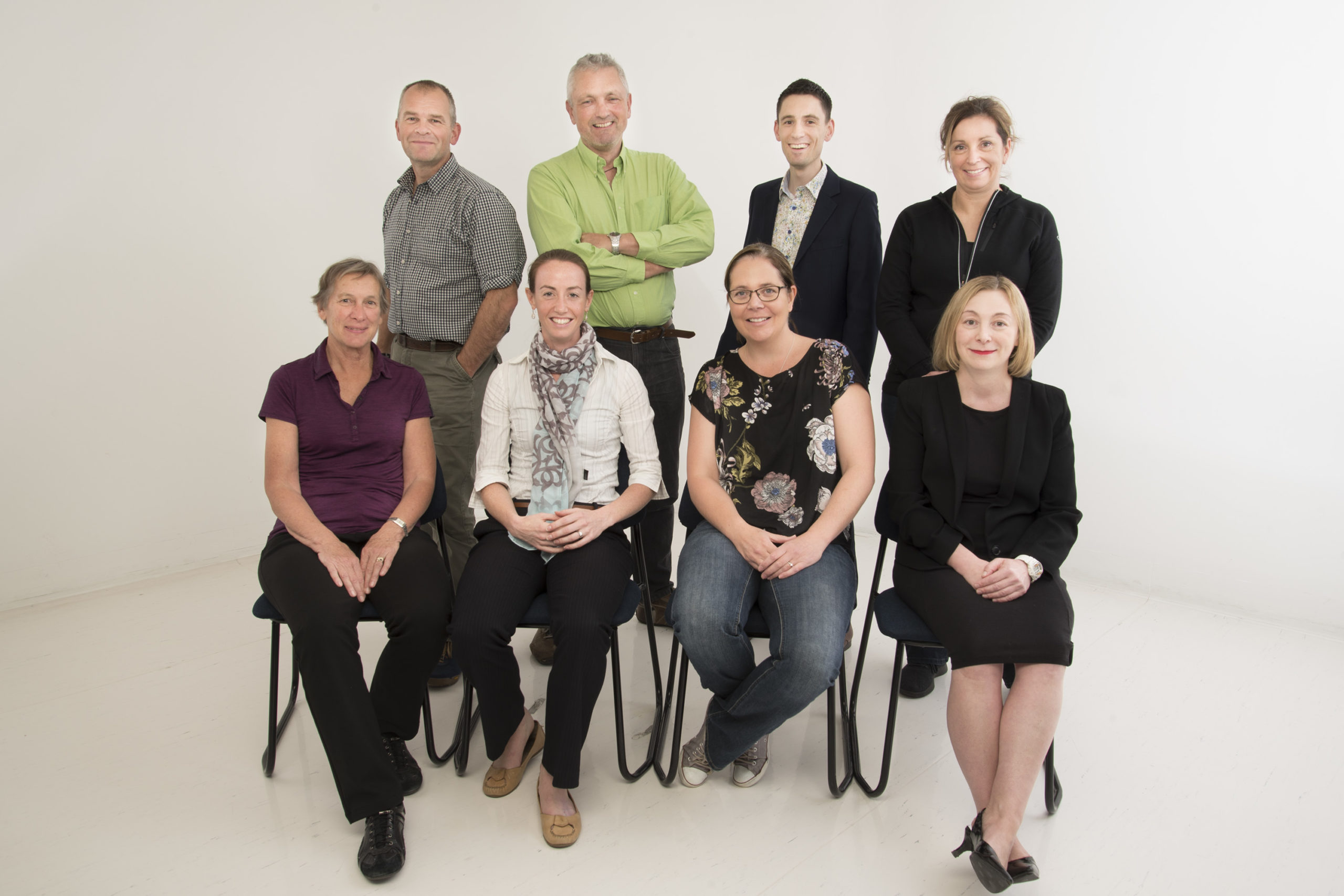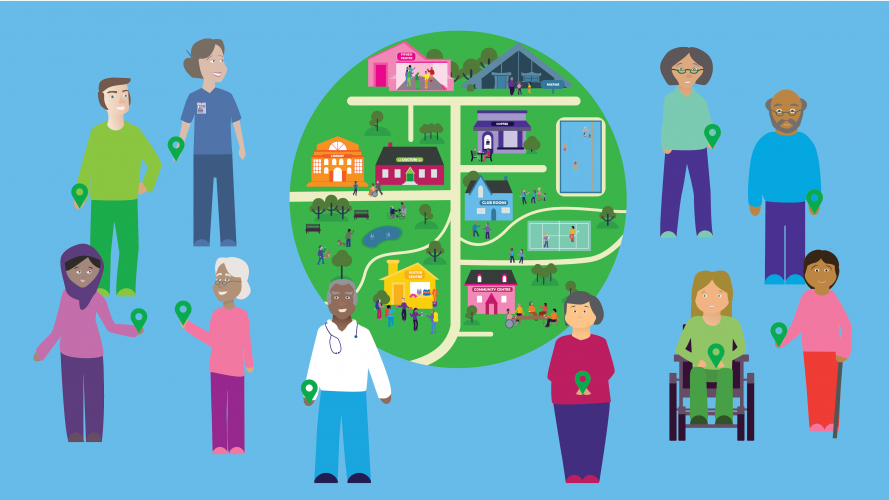WellConnectedNZ – the weaving together of the people
10 July 2019
Social isolation is an issue that’s starting to get more attention in the context of health and wellbeing. It’s known, for example, that when people are socially isolated they are more at risk for depression, and it can cause some chronic pain conditions to become worse. The impact of loneliness on one’s health has been compared to the effect of smoking 15 cigarettes a day. On the flipside, social connectedness has been linked with both mental and physical health benefits.
Social connection is the theme for the WellConnectedNZ™ project*. The research team, based in Canterbury, know that very, very few people who have long-term health conditions – such as heart disease, arthritis, type 2 diabetes or chronic obstructive pulmonary disease (COPD) – are referred to rehabilitation programmes which could help them. Of those who are, even fewer turn up to receive benefit from the programmes. Finding out the reasons for this – and what people living with long-term conditions think might work better – is a focus for this project.

Rather than creating another health intervention programme, the research team asked a different question: How can we, as health care professionals, facilitate people being connected with what’s already going on in their neighbourhood and community, and which might improve their health?
The researchers talked to more than 200 people in the Christchurch area via hui and ‘coffee and chat’ gatherings, as well as one-on-one interviews with people with long-term conditions, Council members, and representatives of health service and healthcare providers, health navigator services and community organisations. The conversations were about social connection, health navigation, physical activity, and how the built environment enables or challenges people in getting out and about.
Through the conversations, the researchers found that social connectedness was a key to people feeling a sense of wellbeing, and that social connectedness involves both a sense of receiving care and support from others and also, importantly, the ability to reciprocate.
What came out of these conversations was the idea of using Pou Ārahi or ‘navigation way-points’; the team liken these to navigation markers on a walking track in the bush.
The researchers developed an interactive map for use within the Christchurch community, featuring information on a wide range of groups, programmes, activities and events. The map can be contributed to and used by individuals, service providers, health professionals and whānau.
It’s the first of many simple projects that may, in time, help those with long-term conditions find their way to wellness.
Read the full article in Social connection: a key to health and wellbeing.
*The WellConnectedNZ™ research project is funded (in part) by the Health Research Council of New Zealand, Ministry of Health and Healthier Lives National Science Challenge, as part of the Long-Term Conditions Partnership.
Sign up to our Newsletter
"*" indicates required fields


